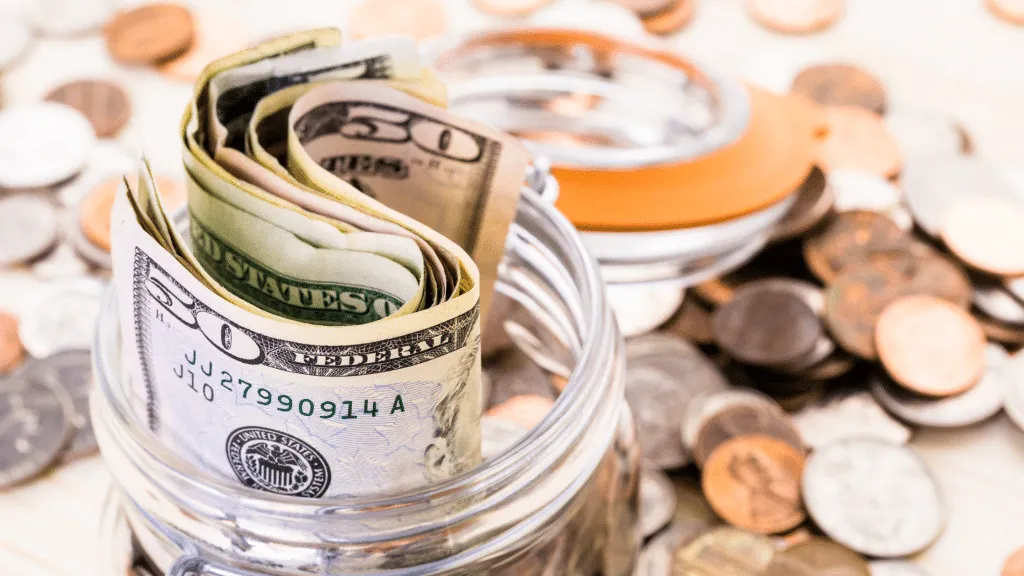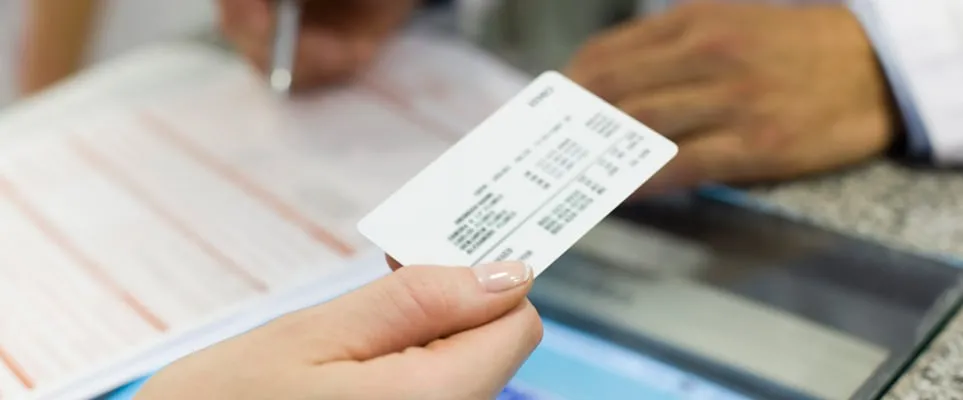The concept of saving money does not have to revolve around cutting out the things you love or changing your lifestyle. When you make the most of your money with the right strategies, you have every possibility of achieving all your goals without ever having to think about living life on the edge.

Here are some budget-friendly saving ideas that will help you make the most of your money without letting you feel deprived. These tips are easy to implement; over time, they will pay off significantly in your savings.
How Do I Save Living on a Paycheck?
The battle to save when income only just covers expenses is real, but it is certainly not impossible. Here are a few steps to get you started:
1. Track your Expenses: First, find out where your cash is going. Use an online budgeting tool or just simply track every expense. This will help in finding the unnecessary spending.
2. Cut Small Costs: Once you know where your money is going, find ways to cut costs. That can mean dining out less, canceling unused subscriptions, or just buying cheaper brands.
3. Automate Your Savings: Set up an automatic transfer from your checking account to your savings account. Even $10 or $20 a week will add up over time.
4. Start Building an Emergency Fund: Build a small cushion for those unexpected expenses that always seem to pop up at the worst time. Once you have a little money in the bank, you won’t have to accumulate debt when surprise costs arise.
Budget-Friendly Saving Ideas to Grow Your Savings

One can effectively save money through several creative ways without compromising much on vital aspects of livelihood. Here are the activities you can immediately start incorporating into your daily routine:
1. Meal Planning and Cooking at Home
Of all the ways to save money, one of the most effortless ways involves reducing money spent when dining out. Cooking at home is far less expensive than eating out, and it allows you to control not only the quality of ingredients but also portion sizes.
By meal planning for the week, you can generate a shopping list that reduces impulse buys and food waste.
2. Cancel Unused Subscriptions
Too many people continue to pay for services they don’t use, such as streaming services, magazine subscriptions, or gym memberships. Take a good hard look at those regular expenses and cancel any subscription you don’t use.
Even if you only cancel a few, those dollars and cents will add up over time. When at all possible, sign up for any service free trial period; then, if you don’t want the service anymore, cancel it prior to the end of the free trial, so you won’t get charged.
3. DIY Repairs and Projects
Instead of hiring professionals for minor repairs or projects, just do it yourself. From a leaky faucet to painting a room, the tasks you can handle with a little research and effort are numerous.
Everything from YouTube to DIY websites will have tutorials on just about every kind of project so that you can save on labor costs. Begin with small, easy projects and work your way up as you build confidence and skill.
4. Shop Second-Hand
Save money on clothes, furniture, and electronic items by buying used ones. Many great items can be found at a thrift store, on online marketplaces, or at garage sales for pennies on the dollar compared to what they cost new.
Plus, it’s eco-friendly because it reduces waste.If purchasing second-hand electronics, ensure that you inspect the product’s condition and ask the seller history questions to ensure that it works.
5. Use Cash-Back and Coupon Apps
Cash-back rewards or coupons from apps and websites help save bucks while purchasing common things. Apps like Rakuten, Honey, and Ibotta allow you to get money back from online shopping or groceries.
Browser extensions will automatically apply discounts and coupons at checkout. Always stack coupons with cashback offers. You may also get the best deal in town by combining a cashback app with in-store promotions.
6. Negotiate Bills and Rates
You can save money on bills monthly by negotiating with service providers on the internet, phone, or insurance-the companies are usually very pleased to give discounts or lower rates upon request.
Sometimes, loyalty can be used to give a discount or bundling services. Make it a point to annually review your bills and then call your providers to check on any available discounts or promotions.
7. Make a Budget and Stick to It
A budget is the foundation upon which an effective savings plan rests. From an effective, detailed budget, you can learn precisely where your money goes and recognize specific areas where you can cut back.
Set aside firm amounts for basic needs such as rent, utilities, and groceries, while earmarking less for less important things like entertainment. The 50/30/20 rule can be followed as an ideal thumb rule.
This generally accepted budgeting system advocates assigning 50% of your earnings to needs, 30% to desires, and 20% to savings and debt settlement.
8. Public Transportation or Carpool
If you happen to reside in an area with good public transportation, driving will help you save money on gas, parking, and maintenance. If that isn’t the case, carpooling with co-workers or friends helps you lower the cost of transportation by sharing expenses like tolls and gas.
If you don’t drive often, sell your car and invest that money somewhere else for saving or toward a cheaper alternative such as biking or ridesharing.
9. Buy in Bulk
For non-perishable items like toilet paper, cleaning supplies, and dry foods, buying in bulk will save money. You will find wholesale stores like Costco or Sam’s Club offering higher quantities, discounted at a certain rate, which saves you money on groceries and household products over a long period.
Just make sure that before you buy in bulk, you have enough storage space and that you’re purchasing items you’re going to use.
Why Budget-Friendly Saving Ideas Matter

Including budget-friendly saving ideas in one’s life is significant in the way to financial stability and reaching long-term financial goals. These methods intelligently reduce costs without any apparent erosion in the quality of life.
Whether you save up for a big purchase, build up your emergency fund, or simply want to manage your finances better, these ideas could make all the difference in your savings.
Wrapping Up
Saving doesn’t necessarily have to be some kind of long, painful process. These little steps, like cooking at home a lot more often and making use of cashback applications, will soon become second nature and lead you to financial success.
You will start to see that money building up in your bank account. Saving money is an acquired skill, and it’s all about starting small with these budget-friendly saving ideas.
In developing smart habits like meal planning, bill negotiation, and the use of public transportation, you cut out unnecessary expenses while still not being deprived of your usual activities. The trick lies in coming up with small, achievable steps toward changing your practice to meet your lifestyle and financial goals.







